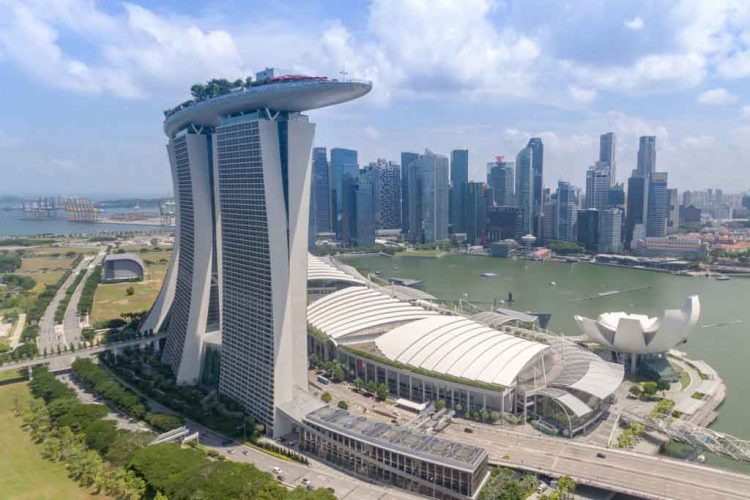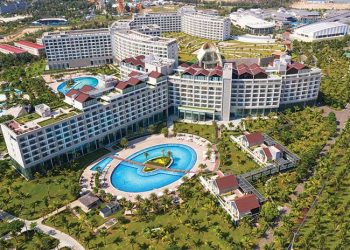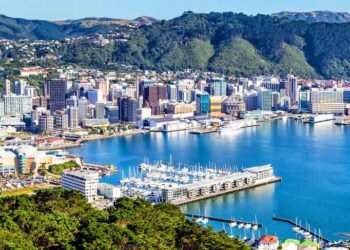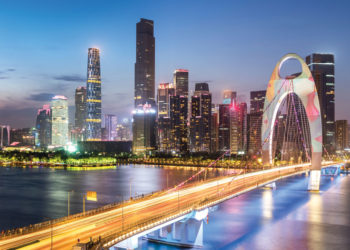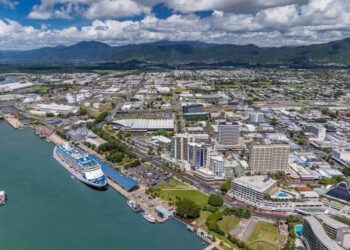Singapore’s parliament has passed a new Gambling Duties Bill which will see casino tax rates raised and the exclusivity period of the state’s two IRs extended until 2030, among other amendments to the Casino Control Act.
The amendments, aimed at consolidating some of Singapore’s gambling law, were first proposed in 2019 under agreements signed by operators Las Vegas Sands and Genting Singapore with the Singapore Tourism Board for expansion of their respective IRs – Marina Bay Sands and Resorts World Sentosa.
Under changes to be made to the Casino Control Act by implementation of the new Gambling Duties Bill, a new tiered tax system will come into force which will see the current 15% tax rate for mass gaming increased to 18% for the first SG$3.1 billion in GGR and 22% for any amount above.
Premium gaming, currently taxed at 5%, will increase to 8% for the first SG$2.4 billion and 12% thereafter. Premium revenue is defined as that derived from customers with at least SG$100,000 deposited in their casino accounts.
However, the exclusivity period on Singapore casino licenses has also been extended by 10 years until 31 December 2030 and there is a guarantee that tax rates will not rise again until at least 2032.
A 50% increase to the entry level for locals was implemented immediately upon signing the 2019 agreements, with the levy for each 24-hour period increased from SG$100 to SG$150 and for a 12-month period from SG$2,000 to SG$3,000.
Debate over the Bill on Monday also saw questions raised over the timing of the IR expansion projects amid construction delays due to COVID-19.
As reported by Inside Asian Gaming at the time, LVS President and COO Patrick Dumont said in July 2021 that the company was unsure whether it could meet its 2025 deadline for completion of the SG$4.5 billion (US$3.3 billion) expansion of MBS – which includes the addition of a fourth hotel tower – due to “a fair amount of uncertainty around the timing and availability of when we can actually get things done.
“A lot of the early parts of this project require us to work with certain government agencies – to seek their approval and work with them collaboratively – to ensure that we fulfil our obligations and their desires as part of this project,” Dumont said.
According to The Straits Times, Singapore’s Minister of State for Trade and Industry Alvin Tan said Monday that such delays are “not altogether surprising, nor unique to this project or this industry. COVID-19 has affected construction timelines, both locally and globally.”
However, he said it was vital that all parties press ahead with the expansion plans, adding that the IRs remain committed to the new developments.
“Most of the offerings are catered towards tourism and towards developing this capability for when tourism and travel resume, and we must be prepared to take that uplift and to carry that wind when it comes,” he said.






